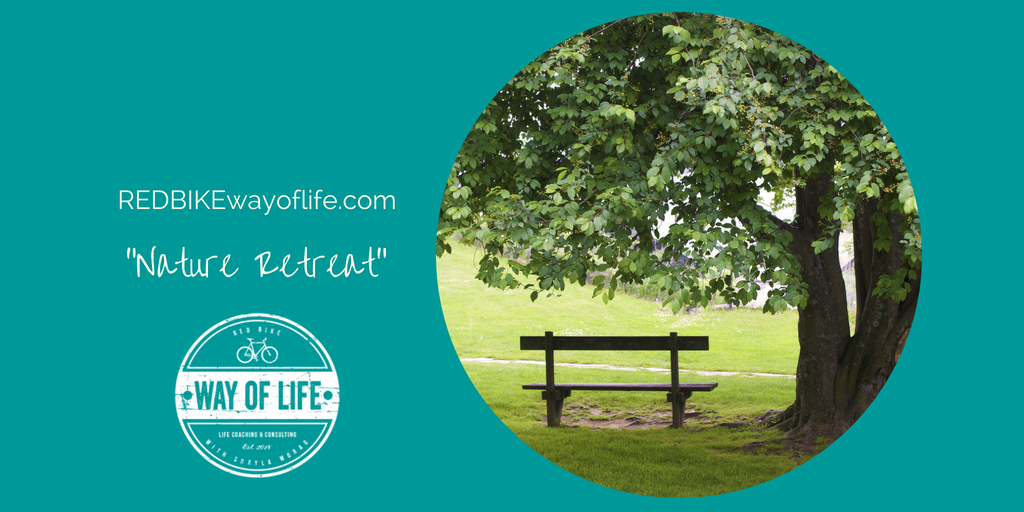The complications and ups and downs of modern life can leave you feeling stressed and lonely, but the solution is sometimes surprisingly simple. A recent study found that visiting a park for at least 30 minutes a week significantly reduces the risk of depression. Scientists in Australia found further evidence of what researchers have been saying for years. Connecting with nature enhances your physical, mental, and social well being.
If you want to help prevent depression, check out these handy tips. You’ll find ideas for making the most of your local park, and discover other ways to commune with nature.
Benefits of Parks and Other Natural Settings
1. Increase your happiness. Whether it’s a spectacular waterfall or a simple flower bed, we appreciate the beauty and order in our surroundings.
2. Boost your health. Spending time in parks has been shown to lower high blood pressure and reduce the risk of hypertension and heart disease. Being outdoors can also help you lose weight and sleep well if it increases your physical activity and exposure to morning light.
3. Socialize more. Parks bring together citizens from different walks of life. Whether you’re people watching or flying a kite, you share a positive experience.
Ideas for Using Your Local Park
1. Work out. Today’s parks often offer much more than jogging trails. Look for circuit training stations, softball fields, and tennis courts. Exercise requires less effort when you’re admiring the scenery.
2. Eat lunch. Squeeze a break into your busy schedule by eating lunch outdoors. Packing a bag lunch usually cuts costs and calories compared to most restaurants.
3. Attend events. Check the calendar on your park’s website. You may find free concerts, movies, and family events.
4. Pause to think. Find a comfortable place to sit and breathe.
5. Clean up. Now that you realize how much your park does for you, you may want to give something back. Join volunteer programs that pick up garbage, plant trees, or conduct tours for school children.
More Tips for Enjoying Nature
1. Take a walk. What can you do if there’s no park nearby? Stroll around the neighborhood or a local college campus.
2. Plan your vacation. Go camping or incorporate outdoor activities into any vacation. You can rent bikes or kayaks. Breakfast on the beach or go horseback riding in the mountains.
3. Tend your garden. Growing your own food and flowers is a great way to increase your gratitude for the earth. Plant tomatoes in your back yard or share a community plot.
4. Go for a dip. While green spaces provide impressive benefits, blue spaces may be even more powerful. Spend some time near water. Install a fountain in your back yard or ask a hotel if you can purchase a pool membership. Some facilities offer discounts for local residents.
5. Bring your pet. Observing wild animals is entertaining and educational as long as you take reasonable safety precautions. If you want to interact more closely, walk your dog or play Frisbee together.
6. Gaze at stars. Learn about science the fun way while you stimulate your sense of wonder. Shop for a basic telescope or check the calendar for public programs at community observatories.
7. Redecorate your home. For rainy days, invite the outdoors in. Arrange your furniture so you sit by a window with a view. Set out fresh flowers or pretty seashells.
Talk with your doctor if you’re experiencing symptoms of depression that interfere with your daily life. Otherwise, increasing your exposure to green and blue spaces may be all you need to lift your spirits and stay fit.


